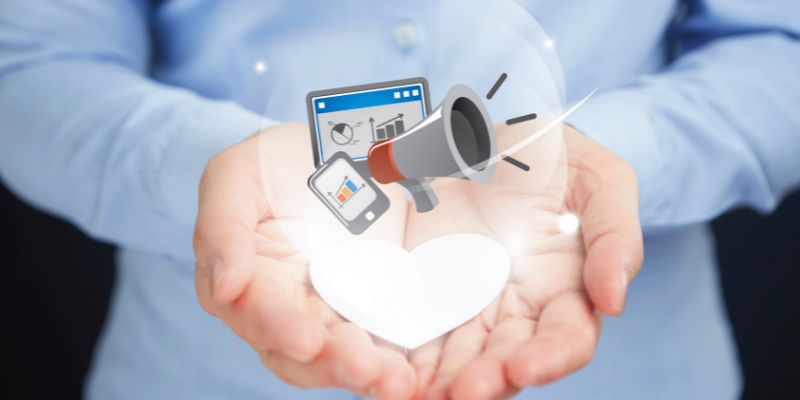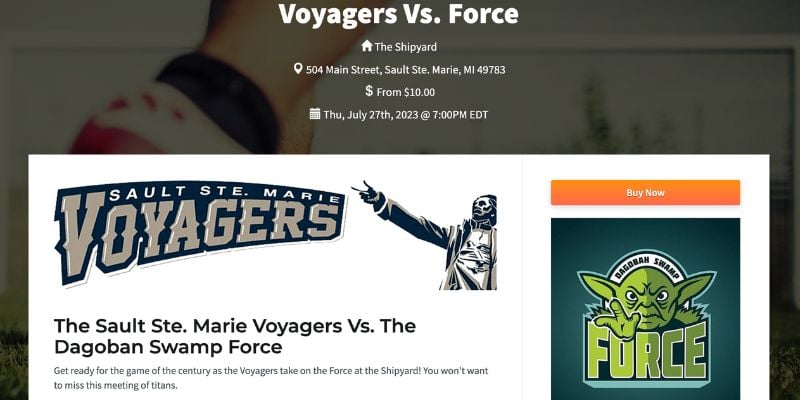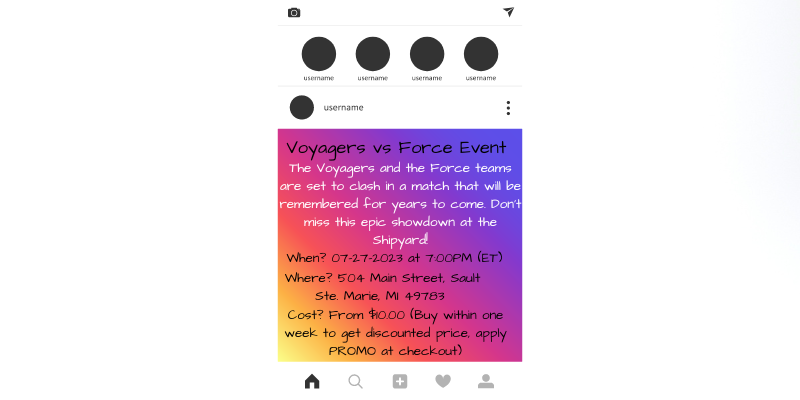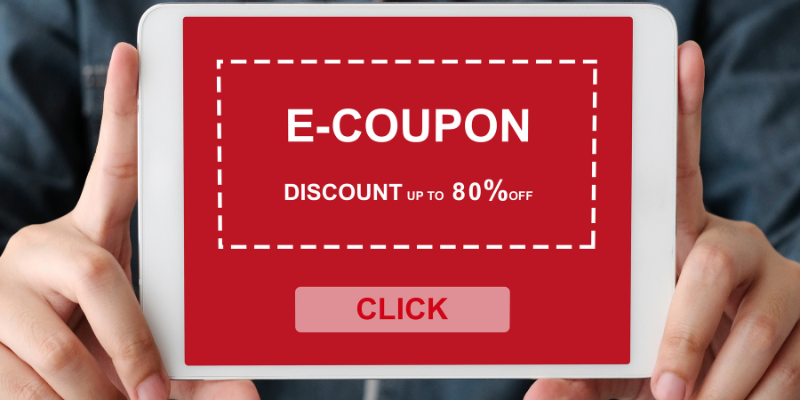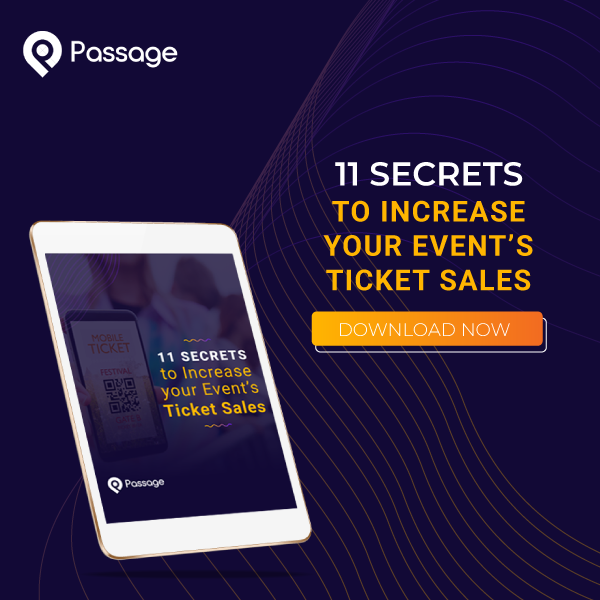Event promotion can feel overwhelming, but it doesn't have to be that way. With a little planning and effort, you can reach your target audience and get people excited about your event.
In this beginner's handbook, we'll walk you through the basics of event promotion. Whether you're planning a small gathering or a large-scale conference, we've got you covered. Let's get started!
Step 1: Define Your Goals
The first step in any marketing campaign is to define your goals. What do you hope to achieve by promoting your event? Do you want to sell a certain number of tickets? Generate leads? Build brand awareness?
Once you know your goals, you can start to develop a strategy to achieve them.
Step 2: Create a Strong Event Page/Website
Your event page is your home base for promotion. Make sure it's well-designed, easy to navigate, and informative. Include all the important details about your event, such as the date, time, location, cost, and what attendees can expect.
Step 3: Create Informative Content
No matter which channels you choose to use, you’ll need to create compelling content that will capture people's attention. Your content should be informative, engaging, and visually appealing.
When writing your content, be sure to include the following information:
- The date, time, and location of your event
- The cost of tickets
- A brief description of what your event will entail
- Any special offers or discounts
Step 4: Choose your Channels
There are a number of different channels you can use to promote your event. Some of the most popular channels include:
- Social media: The internet community is a great way to reach a large audience and generate excitement about your event. Be sure to create appealing posts and use relevant hashtags.
- Email marketing: If you have an email list, you can use it to promote your event directly to your target audience. Make sure to send out regular updates about your event, including the date, time, location, and any special offers.
- Digital advertising and paid search: This can help you reach a wider audience, target specific demographics, and track the effectiveness of your campaigns.
- Print advertising: Don't forget about traditional offline marketing methods. Print advertising can still be a good way to reach a local audience. Consider placing ads in newspapers, magazines, or flyers.
- Buzz Marketing: Word-of-mouth is still one of the most effective ways to promote an event. It involves creating positive trust and excitement around your event, which can lead to increased attendance. You can do this through a variety of channels, such as social media, events, and influencer marketing. The goal of buzz marketing is to get people talking about your event in a positive way.
Step 5: Think Outside the Box
The best event promotions are oftentimes the most unexpected. Get creative with your marketing efforts and you'll be more likely to stand out from the crowd.
When promoting your content, you could incorporate the following strategies:
- Run contests and giveaways: Contests and giveaways are a great way to generate excitement around your event. You can offer prizes that are relevant to your target audience, such as tickets to other events, gift certificates, or merchandise.
- Promo codes: Give attendees promo codes to provide an attractive incentive that encourages ticket sales, boosts attendance, and creates a sense of exclusivity or reward for participants.
- Discounts for sharing: Offer a discount to attendees who share your event on social media, in their email newsletters, or with their friends and family. You can use our social discount feature to offer discounts to customers who promote your event on their social media.
- Partner with local businesses: Teaming up with other businesses is a great way to reach a new audience. Look for businesses that have a similar target market as yours and see if they're interested in co-promoting your event.
- Get creative with your marketing materials: Use humor, surprises, or visuals to make your marketing materials stand out. This could involve creating funny videos, designing eye-catching posters, or writing engaging blog posts.
Step 6: Find the Right Ticketing Platform
When choosing a ticketing platform for your event, it is important to consider your needs and requirements. You can use this blog post, 20 Questions to Ask Before Choosing Your Event Ticketing Platform, as a reference. In general, you'll want a platform that is easy to use, reliable, and affordable for both you and your attendees. You also want a platform that can help you reach more fans and sell more tickets.
That's where Passage comes in. We help you reach more fans by attracting more than 6 million fans searching for tickets every season. We also help you sell more tickets by providing you with a variety of features that make it easy for fans to purchase tickets online. And our customer support team is available 24/7 to help you with any questions you have.
If you're looking for a great ticketing platform for your event, then you may want to consider Passage. Schedule a demo today to see how Passage can help you reach more fans and sell more tickets.
![]()
Step 7: Measure Your Results
Once your event is over, be sure to measure your results. This will help you to determine which strategies were most effective and make adjustments for future events.
There are a number of different ways to measure the success of your event. You can track:
- The number of tickets sold
- The number of people who attended
- The amount of money raised
- The level of engagement on social media
By measuring your results, you can learn what worked well and what didn't. This information will help you to plan and promote your next event even more effectively.
Conclusion
Promoting an event is crucial to ensure that your event is a success. By following the tips in this guide, you can create a marketing plan that will help you to reach your target audience and sell tickets.
